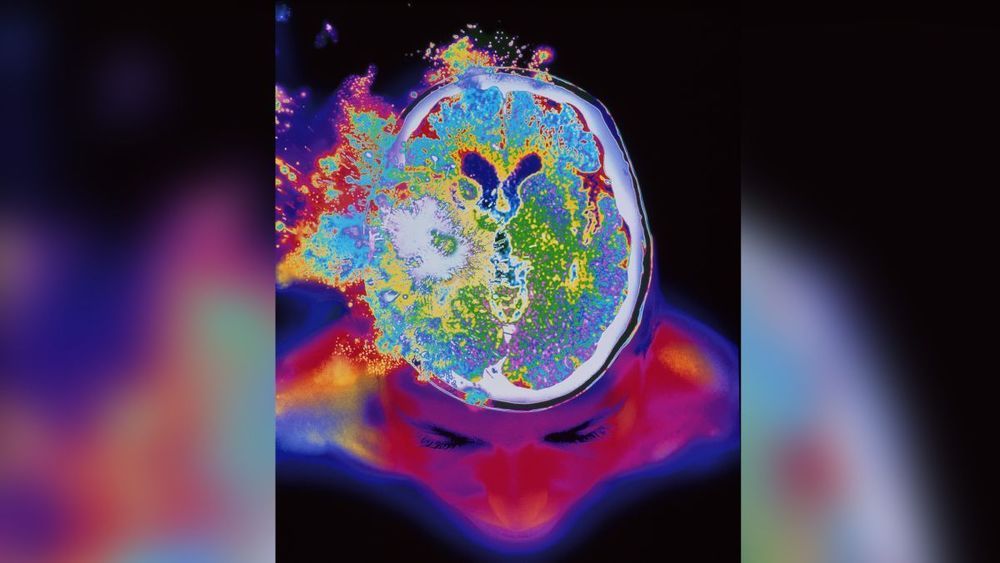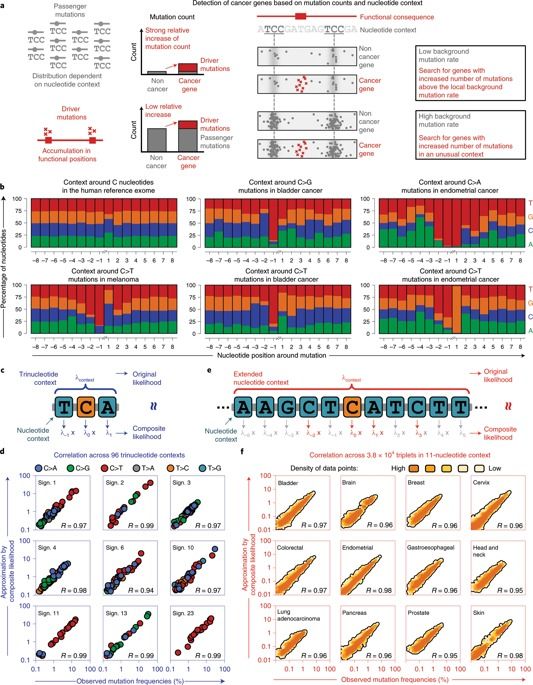O.o.
This paper describes a new and efficient method of defining an annular region of a curl-free magnetic field with specific physics and coil properties that can be used in stellarator design. Three statements define the importance:
Codes can follow an optimized curl-free initial state to a final full-pressure equilibrium. The large size of the optimization space of stellarators.
Approximately fifty externally-produced distributions of magnetic field, makes success in finding a global optimum largely determined by the starting point.
The design of a stellarator is actually improved when the central region of the plasma has rapid transport with the confinement provided by a surrounding annulus of magnetic surfaces with low transport.







